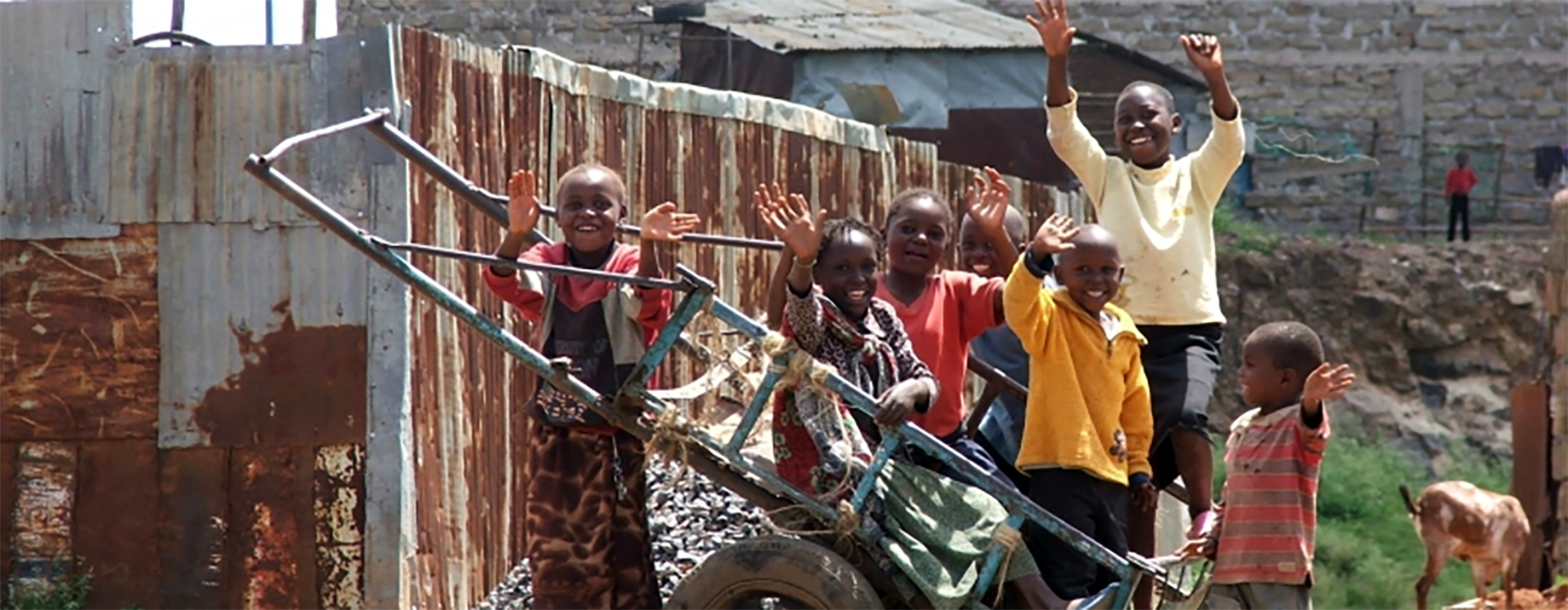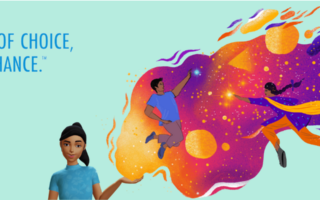
Evidence from several studies, including in Kenya, supports the idea that empowerment and asset-building interventions targeting multiple levels of the socio-ecological environment can improve education, health, economic and social capital, gender-equitable attitudes, and violence outcomes for girls.
One specific segment of the socio-ecological environment that has been lacking, but needs to be targeted in order for changes to occur, is boys and young men. There are several theories that favor including boys and men in this type of programming:
- The involvement of boys and young men in programming to create more equitable gender norms and reduce sexual and gender-based violence in a community will lead to more favorable outcomes for girls, as well as for the boys and young men themselves.
- Boys and young men’s lives and options, as well as girls’, are constrained by current expectations and definitions of masculinity, and they could also benefit from a transformation to more equitable gender norms in their communities.
The NISITU program’s objective is to test these theories and to engage boys and young men using a girl-centered approach.
Until recently, these interventions have focused exclusively on girls, engaging community members and parents to gain support for the interventions themselves, but not as program participants. This project engages boys and men in girl-centered interventions, to determine what works best for girls as well as for boys and men.
The project:
- Informs the design of an intervention targeting boys and men in a way that addresses and centers the needs of girls in relation to sexual exploitation and violence
- Tests those designs to generate evidence on how engaging boys and men through this approach improves outcomes for girls.
The intervention is reaching over 3,000 adolescent girls, boys, and young men in Nairobi and Nakuru. The NISITU program is implemented in parallel with girls and boys in the same community. Safe spaces groups meet once a week and the content of the group meetings covers three main topics, each with separate versions adapted for boys and for girls: sexual and reproductive health, gender norms and power, and economic strengthening.
Girls and boys meet in separate groups, however male and female groups are paired and meet once a month to discuss the SRH and gender topics they have been learning in their sessions to model new approaches for male–female communication and relationships.
In order to assess the impact of the program on girls and boys, as well as to determine if working with boys in a community has additional benefits for girls, the study is being implemented in three communities: girls and boys intervention, girls-only intervention, and a control. Data focus extensively on gender attitudes and experience and perpetration of sexual and gender-based violence, but also on social networks, self-efficacy, financial literacy, economic activity, mental health, decisionmaking, mobility, and sexual behavior.
The Population Council builds the capacity of key partners on the ground so that relevant findings can be transformed into sustained improvements. The program shares actionable insights in Kenya and around the world to inform the public, private, and NGO sectors on the needs of women and girls, as well as men and boys, to deter sexual exploitation and violence.




